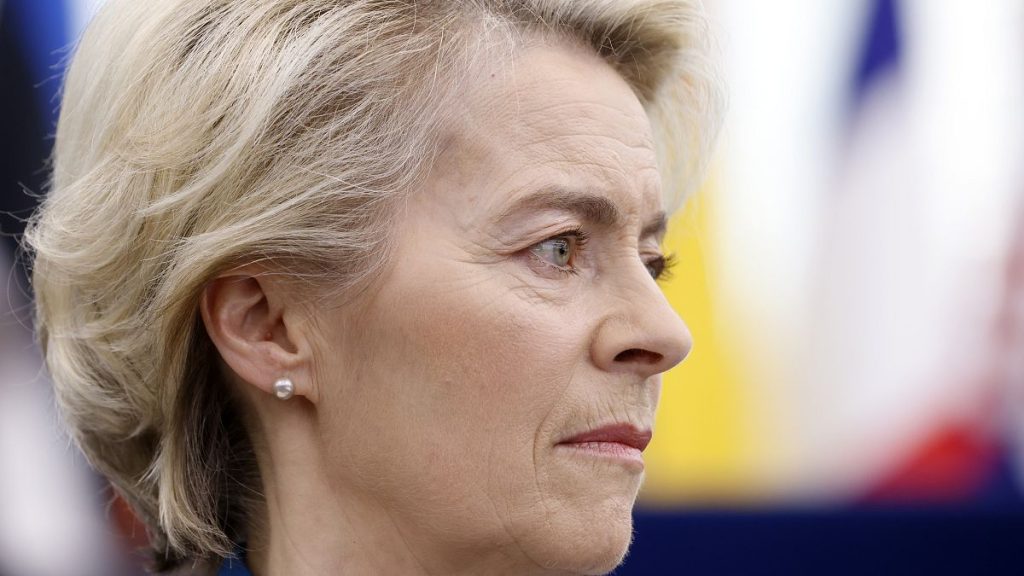The chief post of the Commission will be up for grabs after the EU elections, leading to speculation about who might be the other options to Ursula von der Leyen. While von der Leyen’s re-appointment seemed likely, recent events have tarnished her leadership, making her potential hold on the position less certain. The lack of actual competitors for her post has always been a selling point, but alternative names are now being considered in Brussels, although formal announcements won’t be made until after the elections.
One potential contender is Mario Draghi, the former Italian prime minister known for his decisive actions during the euro-area debt crisis. Draghi’s recent speech at a high-level social forum was seen as a hint at a possible candidacy for the Commission chief role. With a reputation for being able to make things happen, Draghi’s aura of infallibility and perceived neutrality from party politics could make him a strong candidate. While there may be concerns about him overshadowing others, his candidacy is generally well-received among EU leaders and MEPs, including Viktor Orban.
Kristalina Georgieva, the current International Monetary Fund director, is another name being considered due to her expertise in economics. As the former EU budget Commissioner, Georgieva has long been discussed for top EU posts and her support of Eastern countries could make her a strong contender, especially with the Council. However, her recent reappointment as IMF Director and fewer connections to key decision-makers in Brussels may pose challenges for her candidacy.
Andrej Plenković, the Croatian prime minister, could be a potential candidate from the centre-right European People’s Party if von der Leyen is not reappointed. With his experience as head of government and background from the EU’s newest member state, Plenković could signal goodwill towards candidate countries. While he may be well-liked among EU leaders, his political rather than policy-oriented profile could impact his chances of confirmation in the Parliament.
Roberta Metsola, a rising EPP politician, could be a potential candidate if other frontrunners fall away. Known for her charisma, youth, and strong pro-European credentials, Metsola has gained attention for her international efforts, such as meeting with Zelenskyy in Kyiv. However, her lack of international experience and government positions may be a hurdle for EU leaders considering her for the top job.
Kyriakos Mitsotakis, the Greek prime minister, is another potential candidate with previous experience as an EU leader and strong language skills. Mitsotakis has outlined key drives for the next EU term, indicating his preparedness for a leadership role. However, concerns about domestic scandals could make him a risky choice, despite his strong support within the Council and reliance on a political majority in the Parliament.
Christine Lagarde, the current ECB governor, could be a solid pick if an ‘economic’ Commission is desired. With a strong record in various roles, from the French government to the IMF and the ECB, Lagarde’s experience makes her a credible candidate. However, her perceived bureaucratic nature and close association with Emmanuel Macron could impact her chances of garnering support in a right-leaning Parliament. Finally, Klaus Iohannis, the Romanian President, could emerge as a candidate if Europe opts for a ‘geopolitical’ Commission. Running for NATO Secretary General, Iohannis’s strategic vision for Europe’s defense could make him a viable option, pending the outcome of the NATO race and support within the European Council and Parliament.













